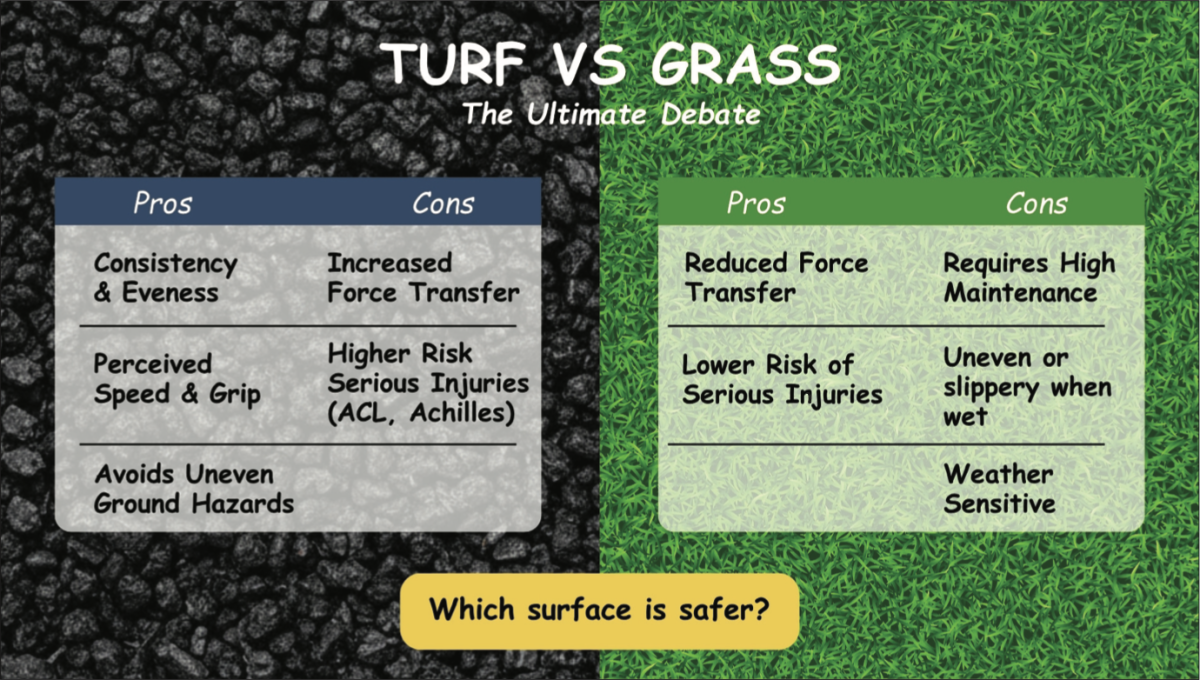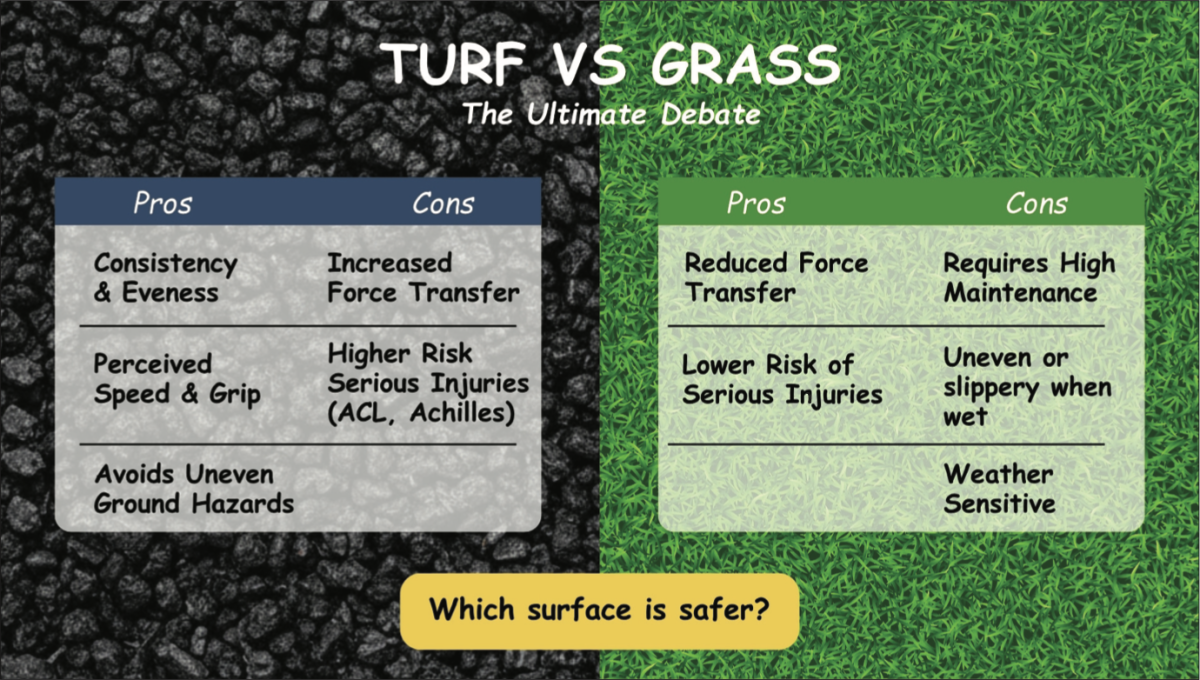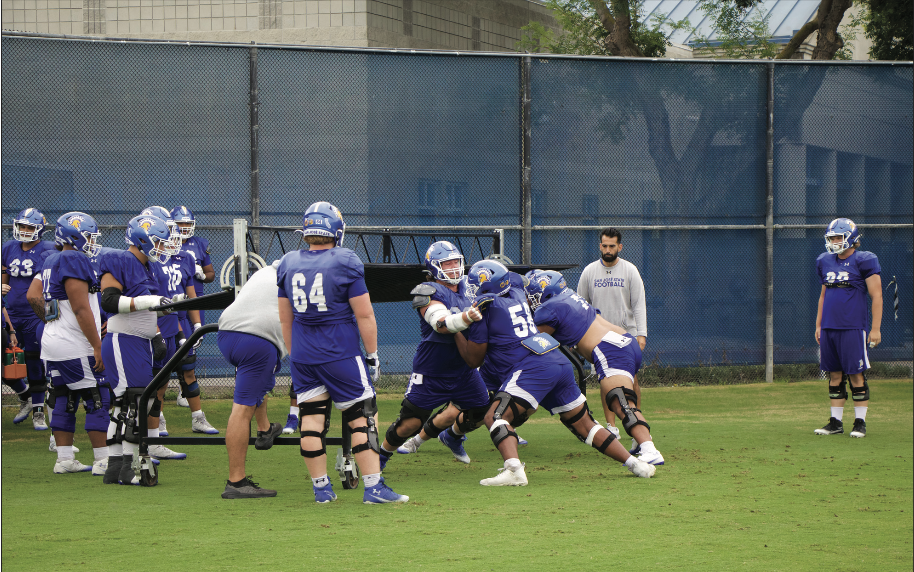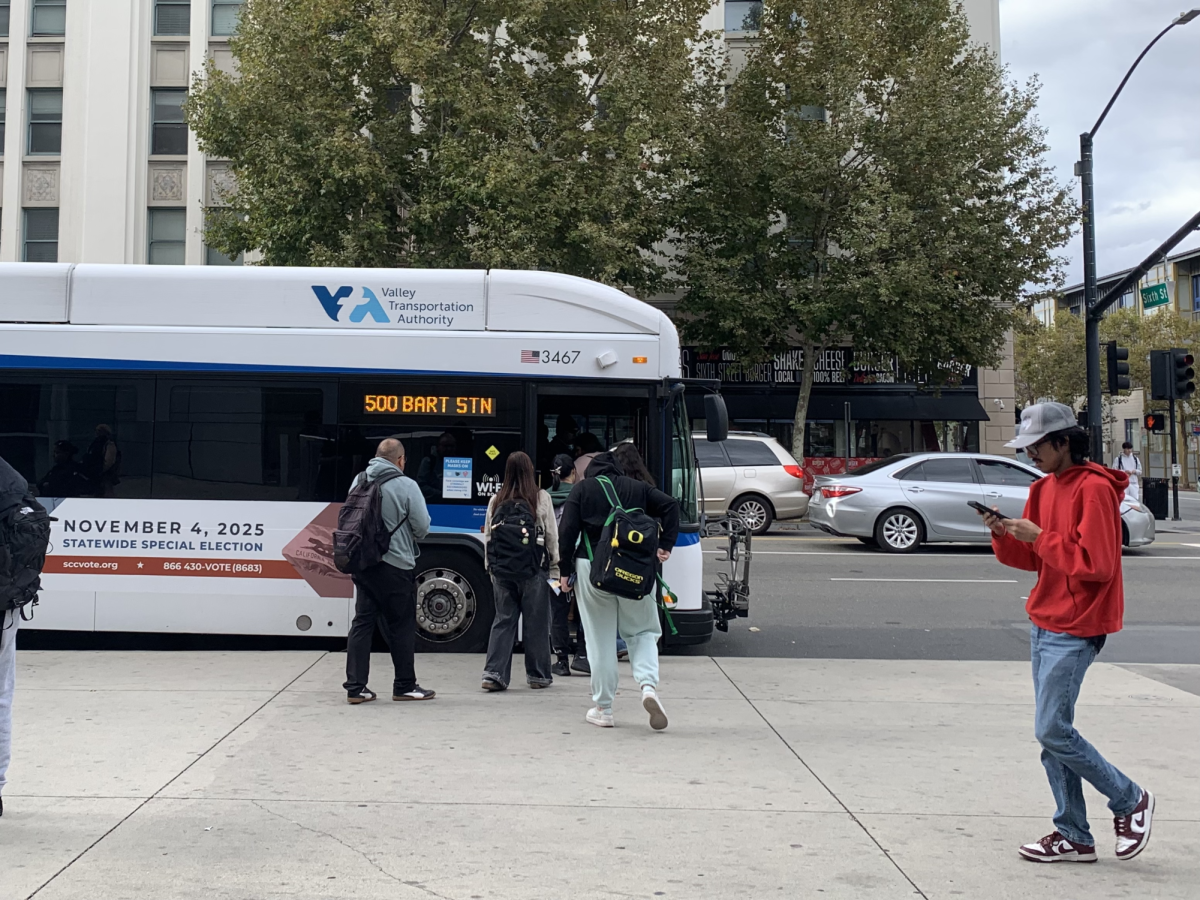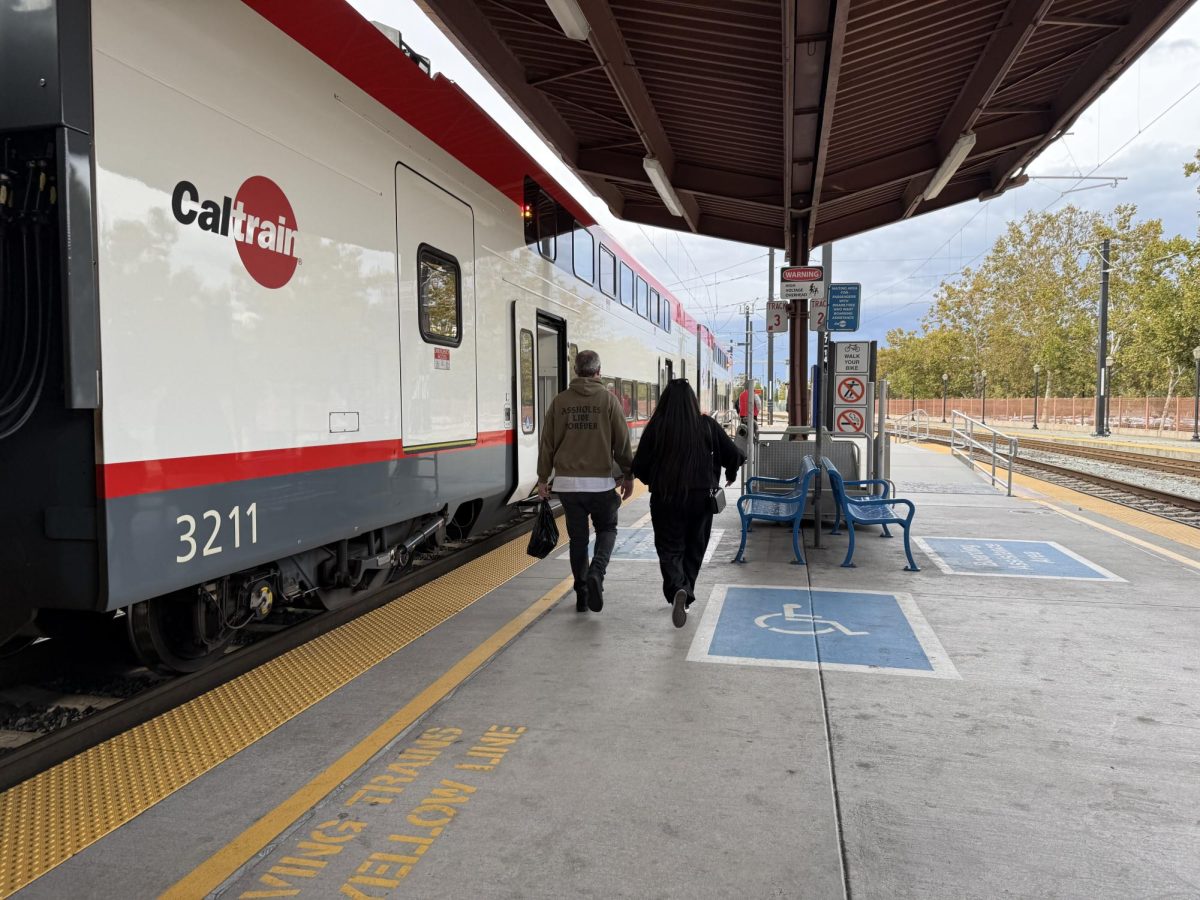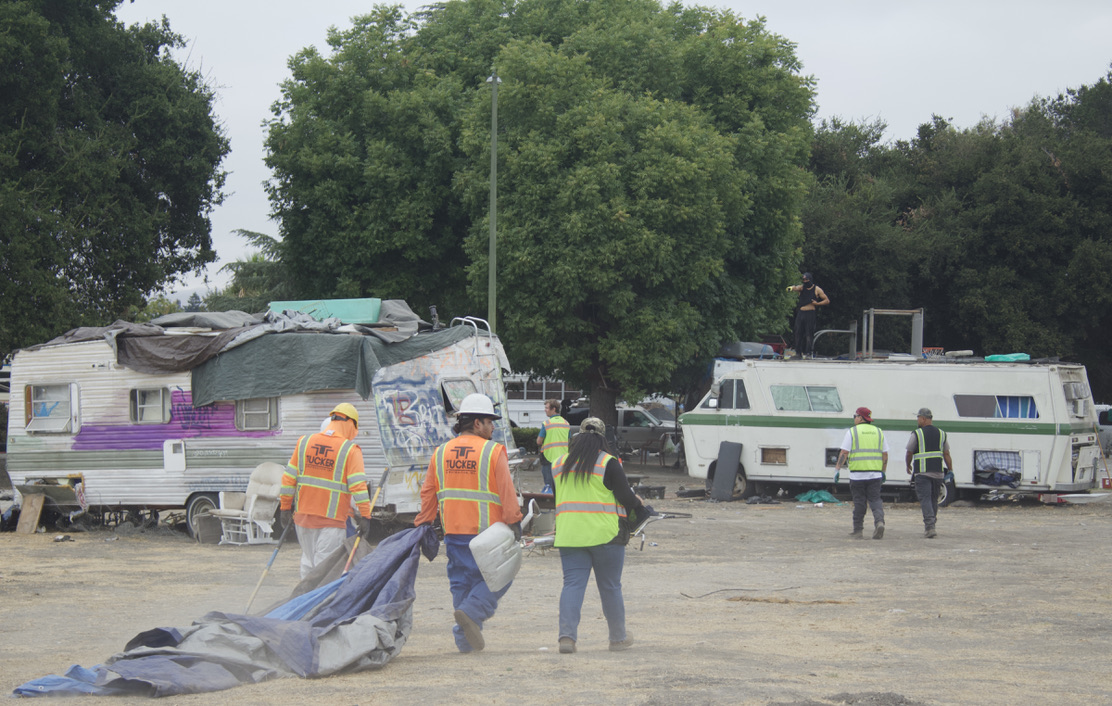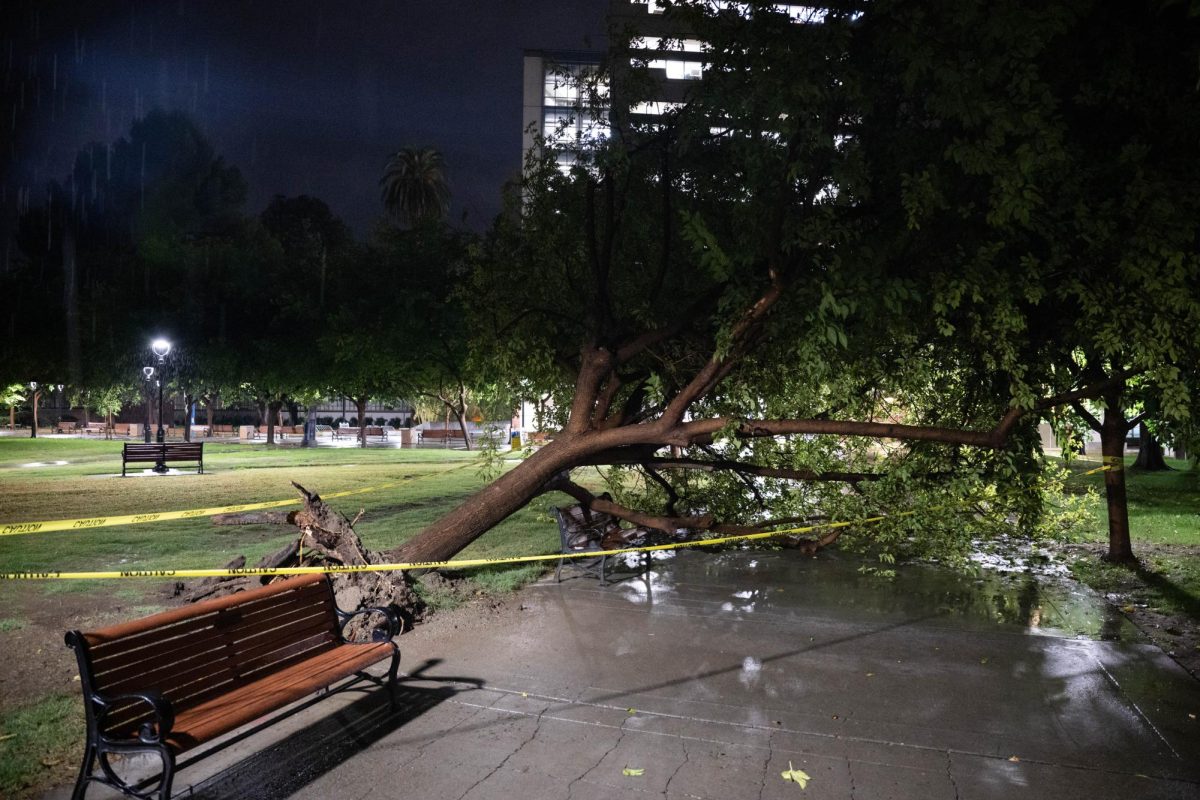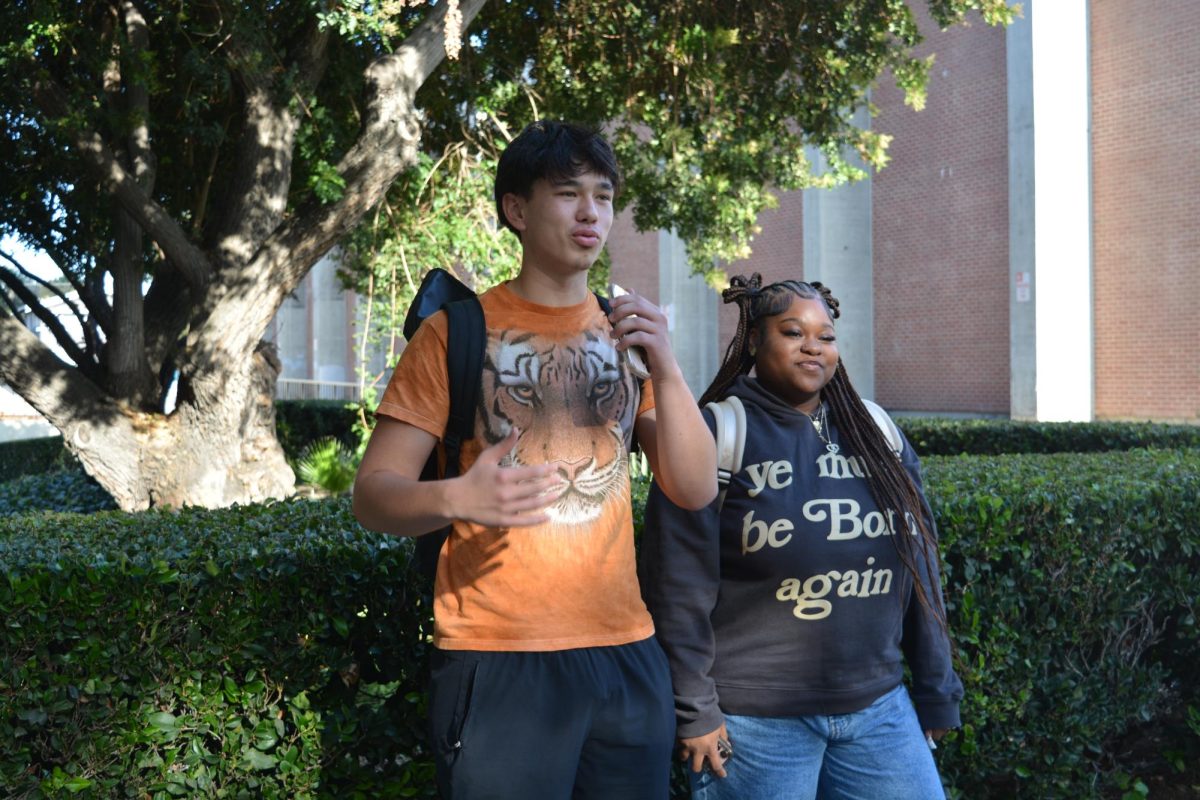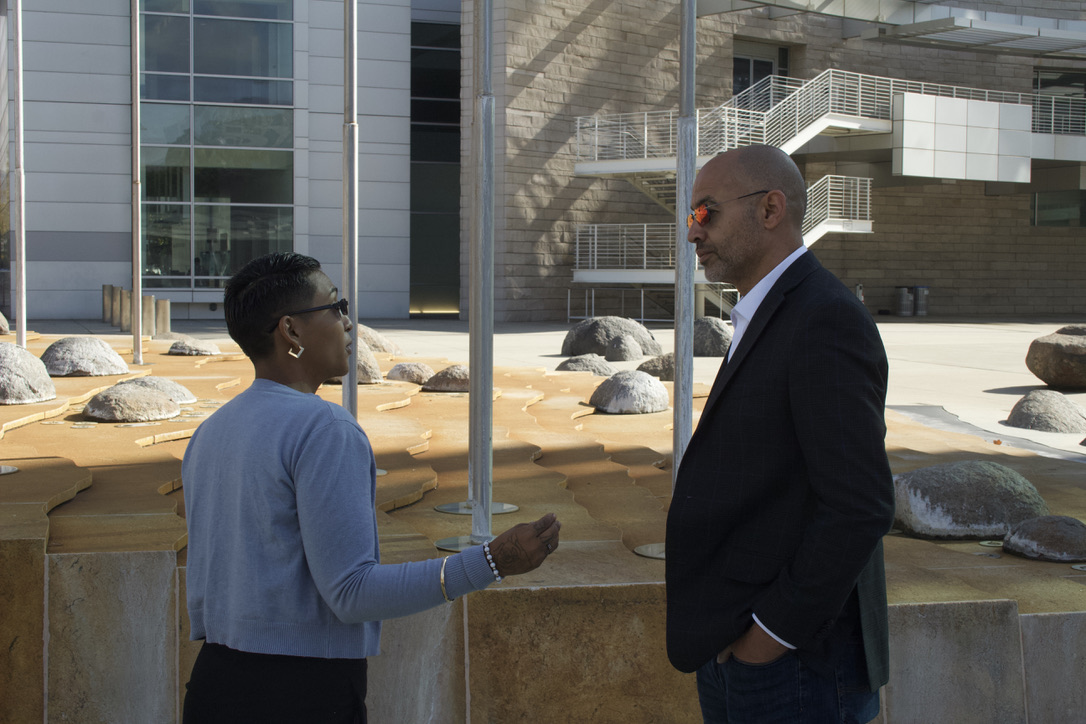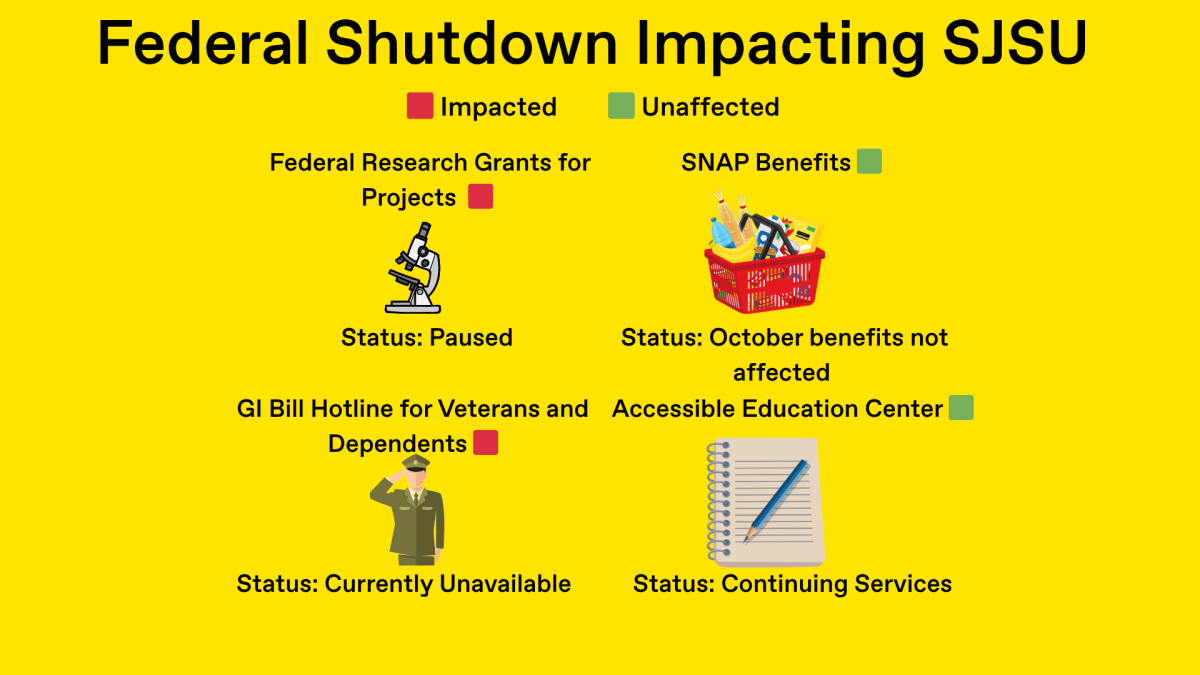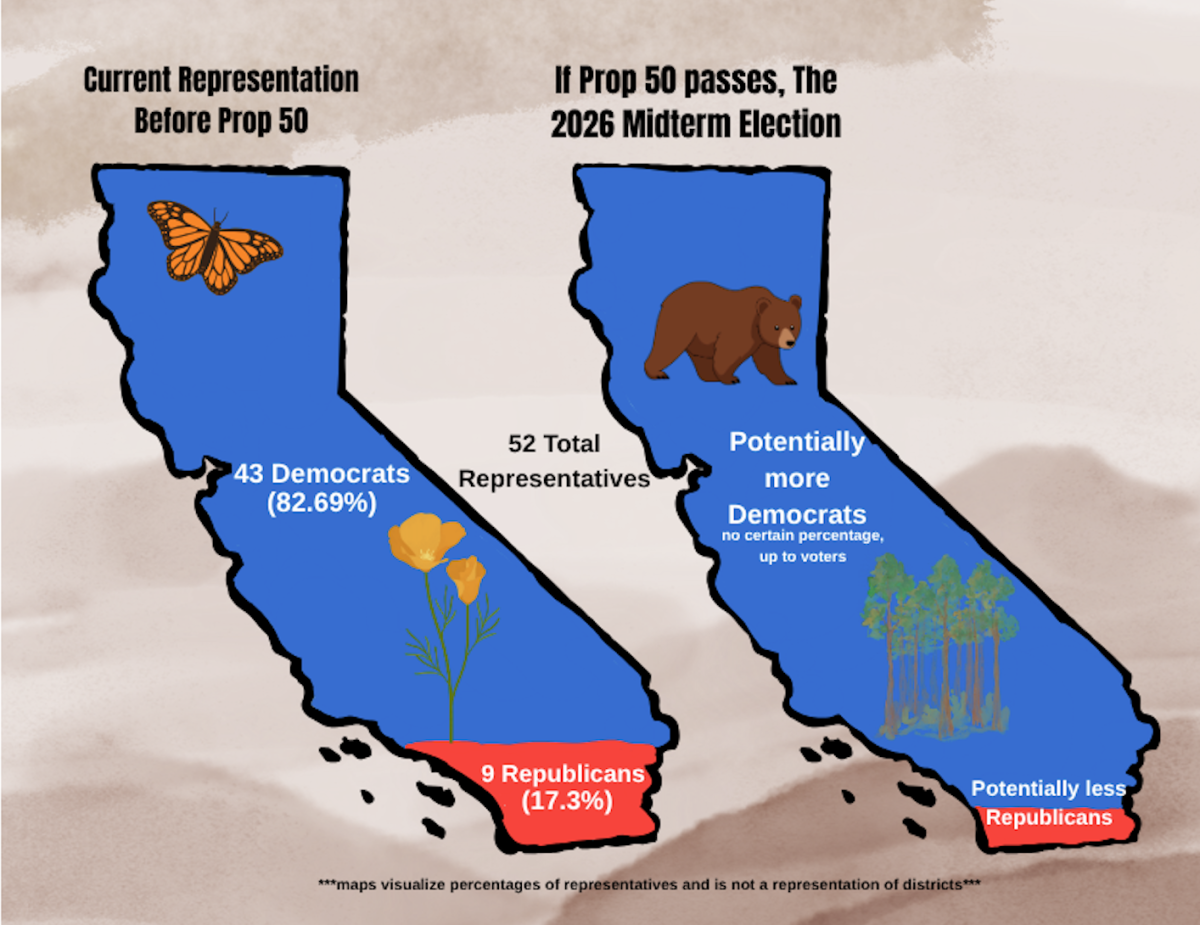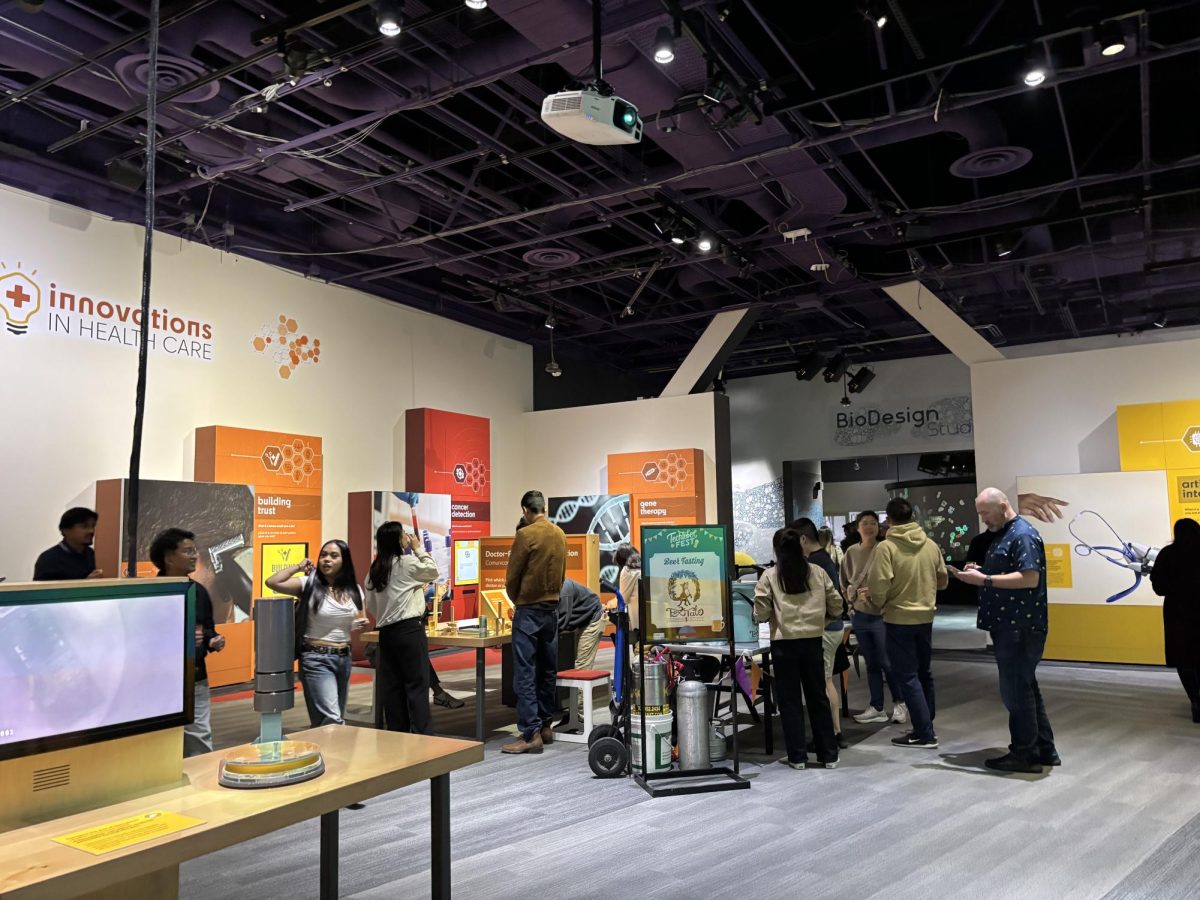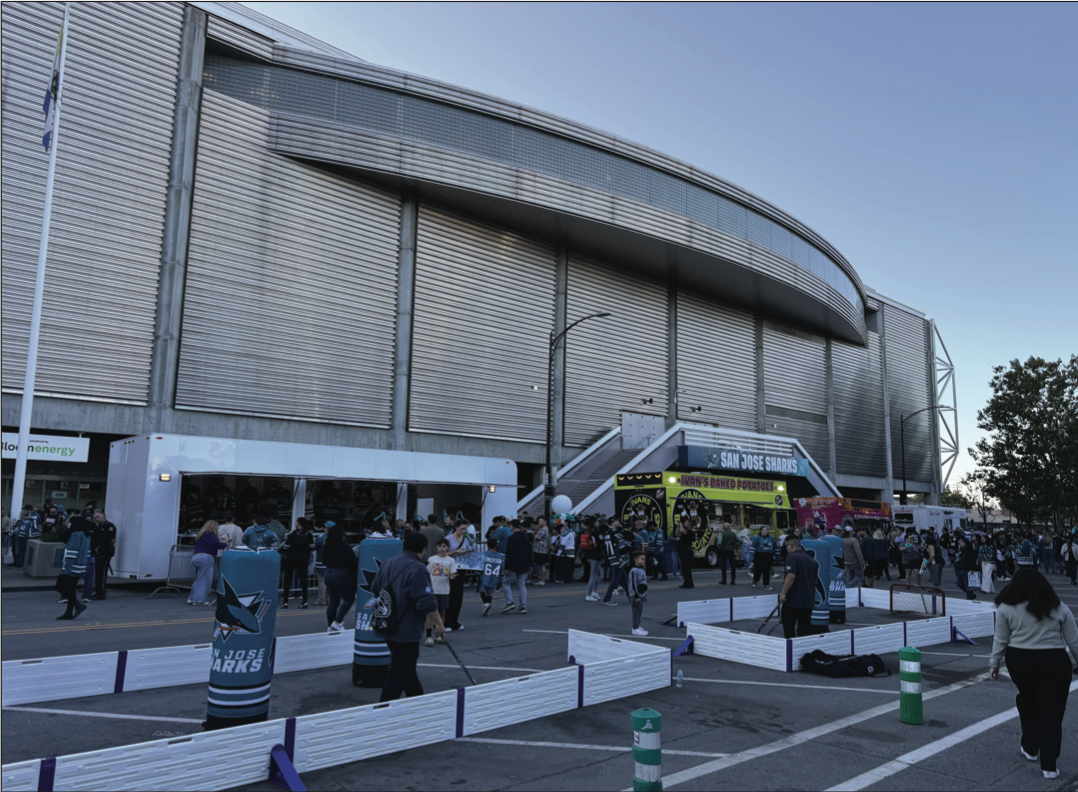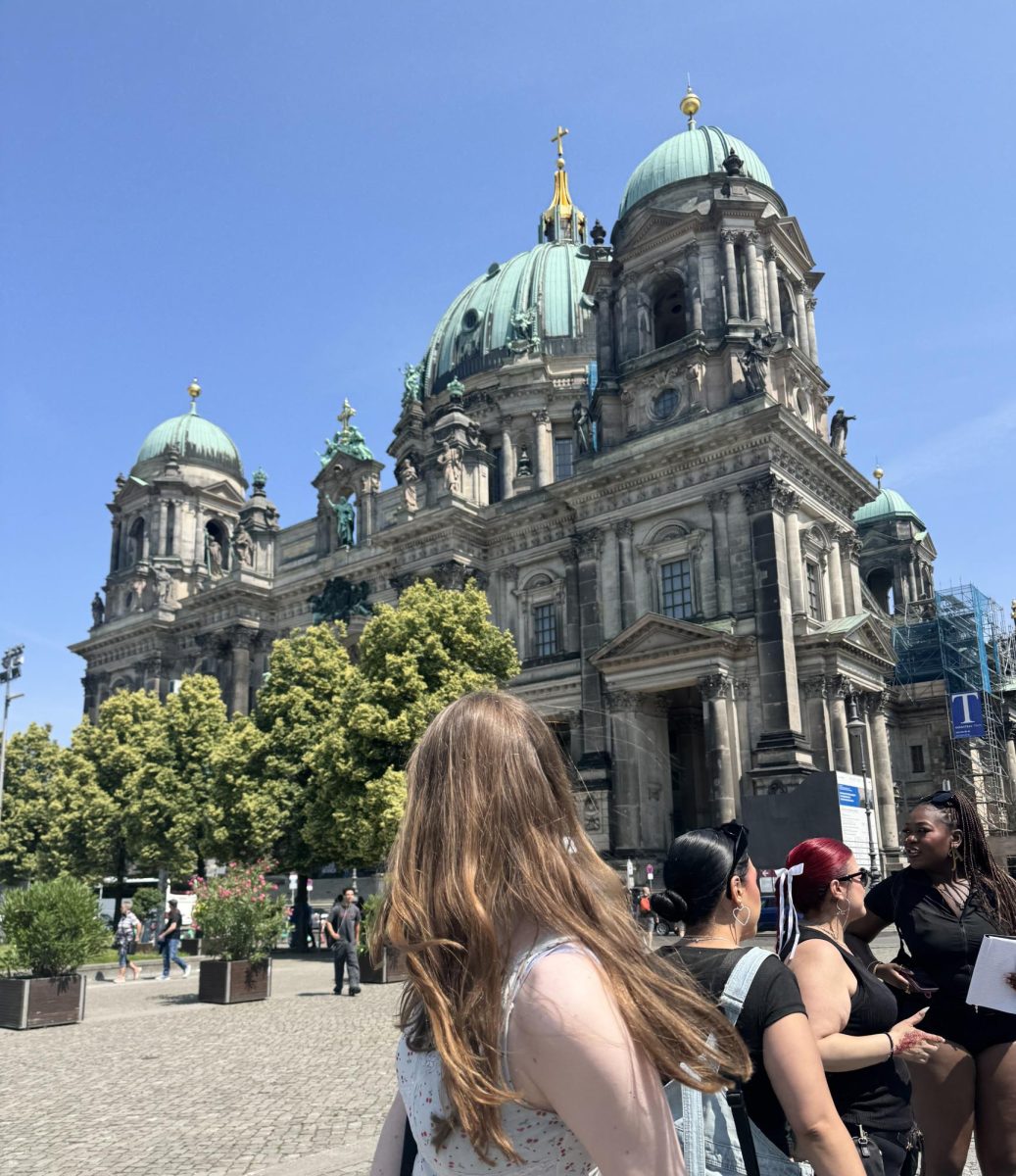On Aug. 18, the City of San José began sweeping the city’s largest houseless encampment located in Columbus Park, which is near the San José Mineta International Airport off of West Taylor Street and Spring Street.
The city unanimously passed the Columbus Park Revitalization Plan on April 15, which involves the installation of amenities such as pickleball and horseshoe courts where 370 people experiencing houselessness had their RVs and tents set up, according to a recording of the San Jose City Council meeting on that day.
The plan is estimated to cost around $24 million, according to a CBS News article published the same day.
Clearing of Columbus Park: Aug. 18
City houseless outreach people arrived with police officers to begin removing people from the park, detaining two activists who were documenting the sweeps, according to an Aug. 18 Columbus Park Neighborhood Instagram post.
Columbus Park Neighborhood is a group of organizations who are working to stop forced displacement of the unhoused individuals in Columbus Park, according to the group’s Instagram page.
Li, who prefers to go by their first name and is a member of Food Not Bombs San José, said members of the group have experienced police harassment and intimidation while trying to observe the sweeps.
“The police have recently been closing the entirety of the park because the city wants to control the messaging that’s coming out of there,” Li said. “Anyone who is seen around Columbus Park is often told to leave or they’ll face arrest, especially if they are alone.”
Food Not Bombs San José is a mutual aid group that serves vegan food to people in St. James Park and most recently Columbus Park, according to the group’s Instagram page.
One individual was found dead in their trailer on Aug. 18 when the city began clearing the park, according to an Aug. 18 article published by NBC Bay Area.
People who knew the person said the victim was sick, and that he grew stressed in the days preceding the sweep, according to the same article.
Four days before the sweep began, a man inflicted a singular gunshot wound to their own head, according to an Aug. 14 San José City Manager’s Office and San José Fire Department joint news release.
SJFD and emergency medical staff pronounced the individual dead at 6:46 p.m, only for signs of life to be discovered 45 minutes later. SJFD returned to the scene, and the individual later passed away at Valley Medical Center at 2:34 a.m. on Aug. 14.
The Spartan Daily was asked by a city worker to leave the property of Columbus Park while reporting on this story, saying “this is a city work zone right now so you can just move yourself.”
Columbus Park is public property and had no barriers or personnel barring entry on the day visited.
RV Buyback Program and Temporary Housing Sites
Mayor Matt Mahan’s “Responsibility to Shelter” initiative is the mayor’s plan to reduce homelessness in the city, and involves citing unhoused individuals with trespassing and arresting them if they decline help three times within an 18-month period, according to a June 10 KQED article.
San José Mayor Matt Mahan has been publishing weekly updates in the form of infographics on the progress of the restoration of the park on his Instagram page.
The posts include how many people the city has housed and how many vehicles have been removed from the park.
The Spartan Daily made several attempts to request an interview from the mayor’s office but did not receive a response in time for publication.
Named “Columbus Park Progress Week 3,” 163 people (out of the 370 people mentioned on the week 1 graphic) have been housed and 110 vehicles were removed from the park, according to a Sept. 2 Mayor’s Instagram post.
The city planned on opening nearly 400 beds in mostly converted hotels over the four week sweeping period, according to an Aug. 18 ABC7 article.
The three week update graphic by the mayor mentions only 125 hotel units opening up since Aug. 18, according to the same Instagram post.
Arielle Alexander, a resident of Columbus Park, said the city waited until the last minute to address the issue, and that many unhoused individuals, including herself, don’t appreciate being checked on every day.
“They offered me two grand for my RV… I know better,” Alexander said. “I couldn’t even live in it but I have nowhere else to store my belongings… no where else to go.”
The city introduced its Vehicle Relinquishment Assistance Program, or also referred to as the RV Buyback Program on the Mayor’s Instagram graphics, to residents of the park about one week before the sweeps began, according to a city webpage covering frequently asked questions about Columbus Park.
The same page mentions that residents were offered the option to trade their RV’s for $2000, and spaces in interim housing in either safe sleeping areas or hotels.
The mayor’s post also said that 76 households signed up for the buyback program.
The city issued non-abatement permits on Aug. 12 for vehicles parked within the limits of Columbus Park, which allowed residents of the park to keep their vehicles there until Sept. 5.
Abatement is the act or process of reducing something. In the context of houselessness in San José, abatement means to clear out and reduce the amount of broken structures and vehicles within the park, according to Merriam-Webster.
Within 15 minutes of speaking with Alexander on Sept. 5, her six-wheeler RV was hooked up to a tow truck and driven away from the park.
Alexander watched as work crews took away her home while she was being spoken to by a city outreach person.
Li said RVs were being taken to be crushed and that the program has been a really frustrating experience to witness.
“It goes to illustrate just the kind of inhumanity of the city’s policies when it comes to Columbus (Park), and really just a lack of empathy for people,” Li said. “Two thousand dollars can be a lot, but some of these RVs are worth much more than that, so it’s kind of insulting.”
RVs that have been rented to live in are now illegal to park on certain San José city streets as part of a new “van-lording” ordinance passed in city council, according to the minutes from the San José City Council meeting that was held on June 17.
Vanlording is renting out RVs which can sometimes be dilapidated or broken to unhoused individuals seeking housing security, according to a March 11 ABC7 News article.
The city’s “Oversized and Lived In Vehicle Enforcement” program, or OLIVE for short, began at the beginning of this year by establishing restricted parking sites for RVs all around the city, according to a City of San José webpage.
The program is set to establish and enforce 50 OLIVE sites over the fiscal year of 2025-2026, ongoing into the future, according to the same webpage.
The city offered a safe sleeping site as an option for the unhoused and some of the residents of Columbus Park in the form of a city operated tent encampment called the Taylor Street Navigation Site, according to a May 7 city blog post.
Taylor Street Navigation Site offers a place for up to 56 people to stay for the night and has hygiene stations, restrooms and parking for up to 29 vehicles.
The site opened last week on Sept. 8 and has since shut down on Sept. 12 temporarily because of a power generator issue, according to a Sept. 13 article published by ABC7.
“They’re using ice fishing tents,” Li said. “Underneath the tent was like a cheap pallet that wasn’t even really nailed to the ground so people in theory could pick up the pallet and run away with it.”
Columbus Park’s Future
Jose Medina, an unhoused resident of Columbus Park and a Venezuelan immigrant, said he is currently fighting for his life in this country after moving here from Florida and witnessing both of his parents die on the streets.
“Welcome to San José,” Medina said. “They did all of this to me — for 25 years in this country — they take everything away from me.”
Medina is just one person’s story. A Sept. 12 Unhoused Response Group Facebook post said that 149 people have become unhoused in San José since Aug. 18.
The Unhoused Response Group is a volunteer team who serves unhoused neighbors by delivering backpacks with food and personal protective equipment, according to their Facebook page.
Unhoused Response Group was able to collect data from its internal organization, known as Guadalupe Residents Advocating for Community Empowerment, or GRACE, which is composed of a group of people living at Columbus Park, according to the Sept. 12 Facebook post.
The post also states that 34 vehicles were destroyed without compensation or were moved to another neighborhood and that 90 peoples’ property was discarded as trash.

